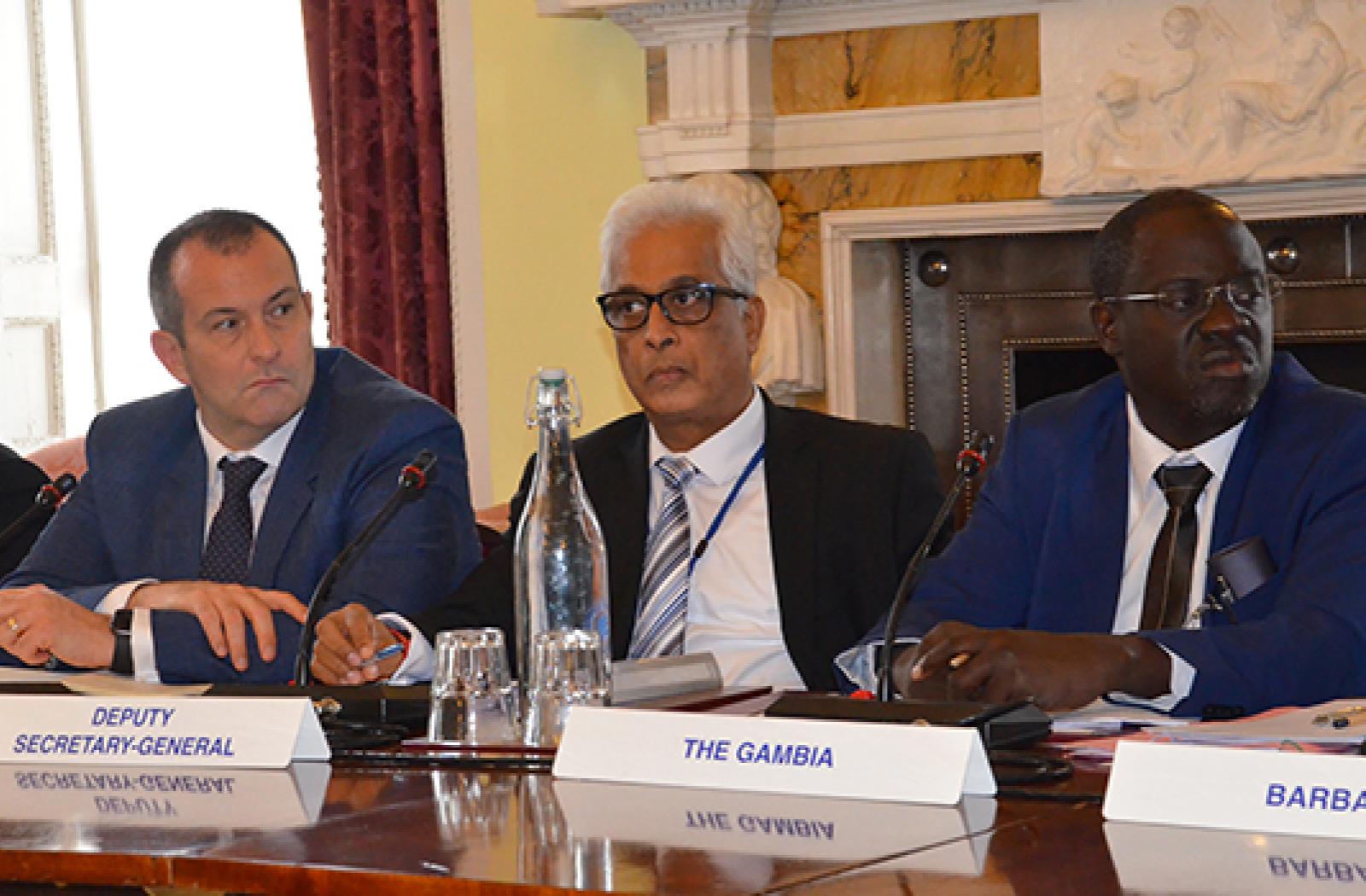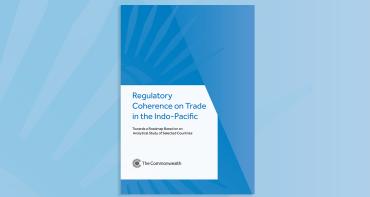Trade officials have concluded a meeting in London, where they created a roadmap to fully leverage the Commonwealth Connectivity Agenda (CCA) to boost trade benefits for 2.4 billion people.

Trade officials have concluded a meeting in London, where they created a roadmap to fully leverage the Commonwealth Connectivity Agenda (CCA) to boost trade benefits for 2.4 billion people.
This was the first meeting where the convenors of special groups were brought together. The trade officials lead five action-oriented areas, known as clusters, and two caucuses of connectivity. The clusters are:
- Physical connectivity, led by the Gambia, focussing on trade facilitation, best practice on infrastructure development and trade information;
- Digital connectivity, led by South Africa and the United Kingdom, focussing on supporting the development of national digital economies, improving regulatory frameworks and best practice on digital infrastructure;
- Regulatory connectivity, led by Barbados, aiming to improve understanding of regulatory regimes across the Commonwealth, promoting good regulatory practice and mutual recognition;
- Business-to-business connectivity, led by Bangladesh, supporting greater interface between the public and private sectors, as well as between Commonwealth businesses, and assisting member countries to attract investment;
- Supply chain connectivity, led by Vanuatu, encouraging the participation of all members in global value chains;
- New Zealand that convenes the Commonwealth Caucus at the World Trade Organisation; and
- Malaysia that has convened the special session in Kuala Lumpur to boost women’s participation in digital technology and global trade.
In his address to officials, Deputy Secretary-General Arjoon Suddhoo said: “Over the year, officials have worked with the private sector, particularly micro, small and medium-sized enterprises, to understand the existing policy successes and failures, as well as identifying policy gaps to confront the challenges of the fourth Industrial Revolution [technology-driven change to create an inclusive, human-centred future], feeding the future and the regulatory ecosystem for trade.
“The clusters have provided a more practical understanding of how the best performing member countries have achieved successes and what else they need to do to fully realise their development objectives.”
During the meeting, the officials examined the state of play of each cluster and engaged on the three pillars of the agenda:
- Evidence: officials considered case studies of policy successes and failures, and agreed on translating these into policy principles for all member countries;
- Platform: officials assessed the work being carried out under the five clusters which involved 75 institutions from 35 member countries; and
- Action: officials reviewed the successes to date and agreed to start pilot interventions to implement best practices at national and regional levels.
Their deliberations mark an important milestone in the path to the Commonwealth Trade Ministers Meeting 2019 (CTMM), which takes place from 7-10 October. Officials will meet again in August for Commonwealth Connectivity Week where they will finalise the deliverables for the consideration of trade ministers.
At CTMM, ministers will reflect on the deliverables and explore ways to overcome trade challenges through mutual cooperation and knowledge sharing. Their communique will set an action plan for Commonwealth heads of government when they meet in Rwanda for their Summit in June 2020.
In the lead up to this meeting, the regulatory connectivity cluster met on 15-16 May in London where member countries agreed to use good regulatory practices to boost intra-Commonwealth trade.
Click here to read a report of that meeting.



